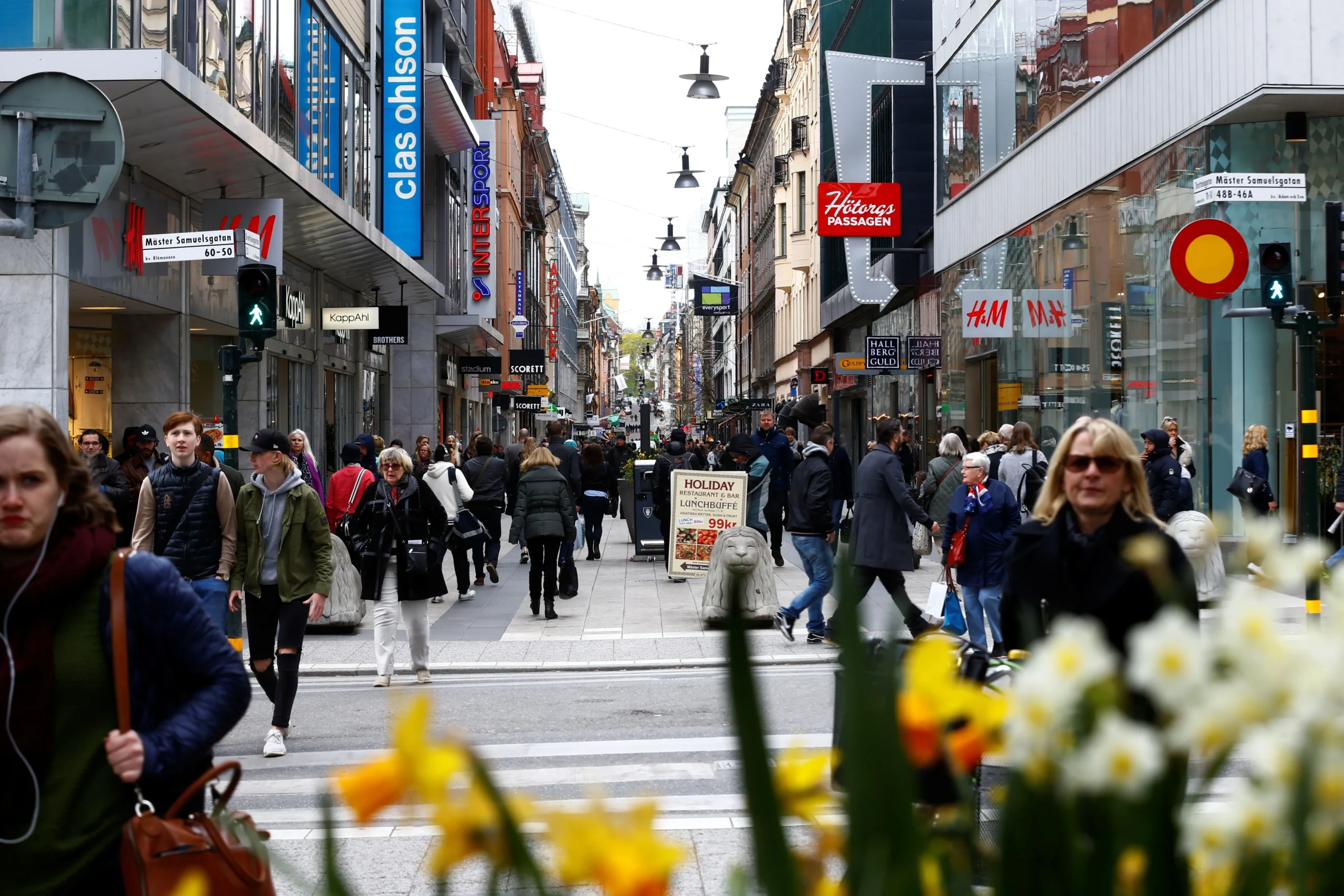Sweden Cuts GDP Growth Forecasts for 2025 and 2026
In a surprising turn of events, the Swedish government has updated its economic outlook, announcing a reduction in GDP growth forecasts for the years 2025 and 2026. The move has sent ripples through the European economic landscape, sparking discussions among policymakers, economists, and industry leaders.
Background of the Cut
As of late 2023, Sweden’s economy has been grappling with several challenges, including rising inflation, supply chain disruptions, and the residual effects of the COVID-19 pandemic. Initially, economists had anticipated a robust recovery post-pandemic, but this optimism has waned in light of new data.
What the Forecast Says
The revised forecast anticipates a GDP growth rate of only 1.8% for 2025, down from previous estimates of 3.0%. Similarly, the projection for 2026 has been slashed from 2.5% to a meager 1.5%. This conservative outlook reflects deepening concerns about domestic and global economic conditions, and the need for Sweden to adapt to a rapidly changing economic environment.
Factors Influencing the Downgrade
A confluence of factors contributed to the downgraded forecasts:
- Inflationary Pressures: Despite efforts to stabilize prices, inflation remains stubbornly high in Sweden, forcing consumers to tighten their belts. Higher energy costs and continued supply chain disruptions add to the economic strain.
- Global Economic Slowdown: Geopolitical tensions, including the ongoing conflict in Ukraine and tensions between major powers, have led to uncertainty in global markets, impacting Sweden’s export-dependent economy.
- Monetary Policy Adjustments: The Swedish central bank’s cautious approach to interest rates has resulted in increased borrowing costs, deterring investment and consumer spending.
Government’s Response
The Swedish government has assured citizens and stakeholders that it is committed to fostering economic growth despite the challenges. Finance Minister Elisabeth Svantesson stated, “We will continue to monitor economic indicators closely and will implement necessary measures to support our economy’s recovery. We understand the concerns surrounding our updated forecasts, and we aim to reassure the public that our foundation remains strong.”
Reactions from Economists
Economists have mixed feelings about the government’s new approach. Some argue that the adjustments are prudent, as they reflect realistic conditions in a globally interconnected market. Others worry that overly cautious projections could negatively impact investor confidence.
Dr. Anna Lindström, an economist at the Swedish Institute of Financial Research, noted, “The downgrading of GDP forecasts brings to light the need for a balanced approach in economic policy—a strategy that doesn’t just focus on growth but also considers sustainability and resilience against unforeseen shocks. This is an opportunity to rethink our economic model.”
Implications for the Labor Market
The projected slowdown in growth could have serious implications for the Swedish labor market. Analysts suggest that with lower economic activity, job creation may falter. Companies might hesitate to expand their workforce amid cautious forecasts, potentially increasing unemployment rates.
Trade unions have voiced concerns over potential job losses and have urged the government to invest in training and reskilling programs to equip workers for evolving job markets. The importance of a responsive labor market has never been clearer, especially considering the rapid technological advancements disrupting traditional sectors.
Economic Diversification as a Solution
One strategy proposed to mitigate the potential downturn is economic diversification. Sweden has a robust tradition of innovation, particularly in technology and green energy. By investing in these sectors, the government hopes to create new job opportunities and stimulate economic growth.
Research from the Stockholm Chamber of Commerce suggests that a strong push towards green initiatives could not only create jobs but also position Sweden as a leader in sustainability. This would align with global trends advocating for environmentally friendly policies.
Comparative Analysis with Other European Economies
Sweden’s challenges are reflective of broader economic trends in Europe. Several other nations have recently adjusted their growth expectations downward for similar reasons, including high inflation and geopolitical uncertainties. Countries like Germany and France have faced mounting pressures and are reevaluating their fiscal policies accordingly.
While Sweden is not alone in its economic struggles, its proactive governmental approach could serve as a model for other nations grappling with comparable issues. The emphasis on transparency and community engagement in policy-making is crucial to garner public trust.
Future Outlook: Cautiously Optimistic?
Despite the adverse adjustments to growth forecasts, there is a prevailing sense of cautious optimism among some economists. With the introduction of strategic fiscal measures and potential tax reforms aimed at stimulating demand, Sweden could manage to navigate through these troubled waters.
However, this optimism hinges on the successful execution of policies that effectively address both short-term economic concerns and long-term sustainability and growth objectives.
Conclusion
The decision to cut GDP growth forecasts for 2025 and 2026 reflects the intricate nature of today’s economic landscape. It highlights the need for adaptability and resilience in economic planning amidst uncertainties. As Sweden moves forward, collaboration between the government, private sector, and civil society will be essential to charting a sustainable path for the economy.
Sustaining public trust and investor confidence will require transparency in communication about the challenges ahead, coupled with a clear vision for recovery. The revisions made today may be a stepping stone toward a more stable and versatile Swedish economy in the years to come.
The road ahead will undoubtedly be challenging, but if approached with diligence and innovation, Sweden may emerge stronger and more united in the global economic arena.







